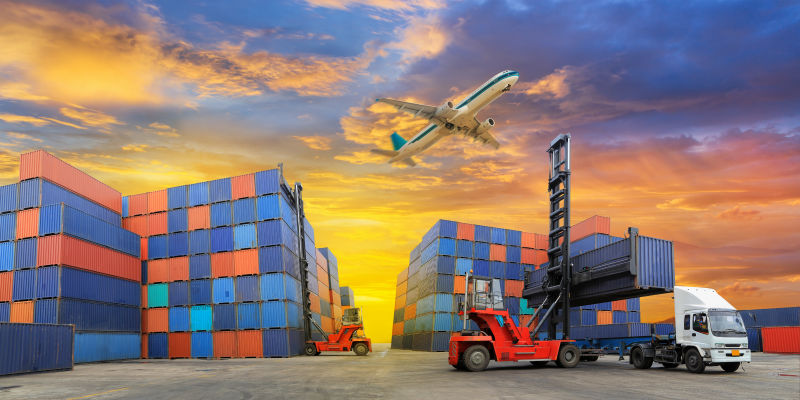
The Impact of Tariff on security seal
The United States’ recent tariff policies, characterized by aggressive unilateral measures such as imposing 25% duties on steel and aluminum imports and threatening "reciprocal tariffs" on trade partners, have reverberated across global supply chains. Security seals, critical components in logistics and transportation for ensuring cargo integrity, are no exception.
1. Escalating Freight Costs and Trade Disruptions
Security seals, often transported alongside other industrial goods, face higher logistics expenses due to trade barriers. For example, cross-border shipments between the U.S. and Canada—a major trade corridor—now encounter unpredictable tariffs and customs bottlenecks. The volatility has forced logistics companies to reroute shipments or absorb additional costs, indirectly pressuring security seal manufacturers to raise prices to offset freight inflation.
2. Raw Material Shortages and Production Challenges
Security seals rely heavily on metals like steel and aluminum, which are directly targeted by U.S. tariffs. The 25% levy on imported steel has driven up raw material costs for domestic manufacturers, as domestic suppliers struggle to meet demand. According to German economists, such protectionist measures fail to reduce trade deficits but instead burden U.S. consumers and industries with higher input costs.
Moreover, the tariffs disrupt global supply chains. For instance, U.S. manufacturers dependent on specialized steel alloys from Europe now face delays and inflated prices. This scarcity forces companies to either pass costs to consumers or compromise on quality by sourcing cheaper alternatives. The Munich-based Economic Research Institute warns that such disruptions could lead to inflationary shocks, further destabilizing production cycles for security seals.
3. Consumer Burden and Market Contraction
Tariffs ultimately trickle down to consumers. As production costs rise, security seal manufacturers are compelled to increase prices. A study by the Peterson Institute for International Economics highlights the inherent contradiction in U.S. tariff policies: while aiming to boost domestic manufacturing, they simultaneously reduce demand by making goods less affordable.
In the short term, U.S. consumers face inflated prices for security seals, as domestic production cannot rapidly scale up to replace imports. For example, European-made seals, which previously dominated the U.S. market due to their cost-effectiveness, are now subject to steep tariffs, leaving buyers with limited options. The Financial Times notes that such price hikes disproportionately affect small businesses reliant on affordable sealing solutions.
4. Long-Term Risks: Supply Chain Fragility and Investment Uncertainty
The unpredictability of U.S. tariff policies—such as the abrupt reversal of additional tariffs on Canadian steel within hours—has eroded business confidence. Multinational corporations, including security seal producers, are hesitant to invest in long-term projects due to fears of sudden policy shifts. As noted by the Economist, this uncertainty damages the U.S.’s reputation as a stable investment destination, potentially diverting capital to more predictable markets.
The U.S. tariff policies, while politically framed as tools to protect domestic industries, have generated a cascade of negative effects on the security seal sector. From inflated freight costs and raw material shortages to consumer price hikes and investment paralysis, the ramifications underscore the interconnectedness of global trade. Economists widely agree that sustainable solutions lie in multilateral cooperation rather than unilateral tariffs, which risk fragmenting the very supply chains they aim to protect.
Contact: Season Zhu
Mobile: 0086-13396573130
Tel: 0086-571-86518183
Email: info@alkeseal.com
Whatsapp: 0086-13396573130
Add: Building 32, Great World Hardware Mall,Jianggan District,Hangzhou City,Zhejiang